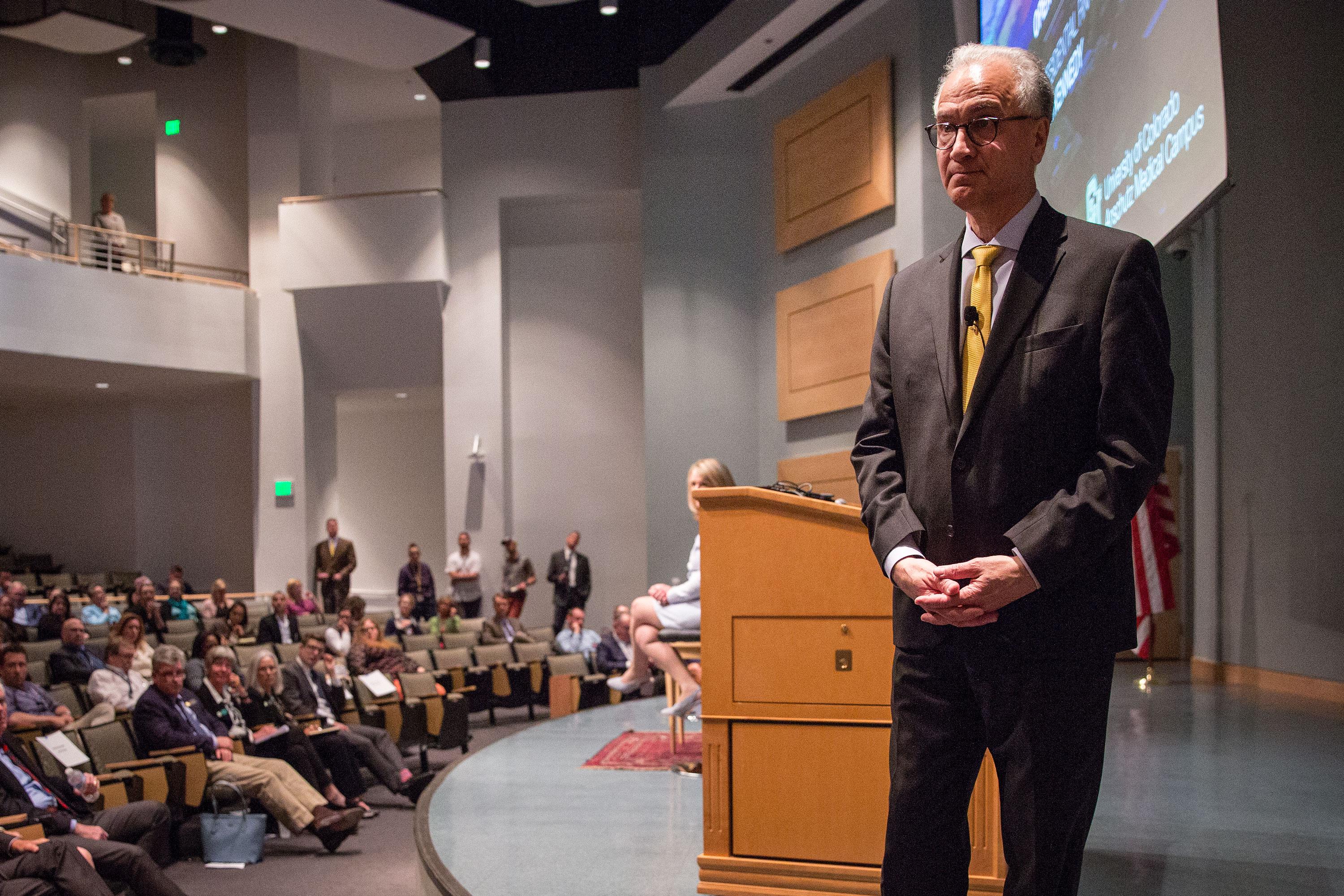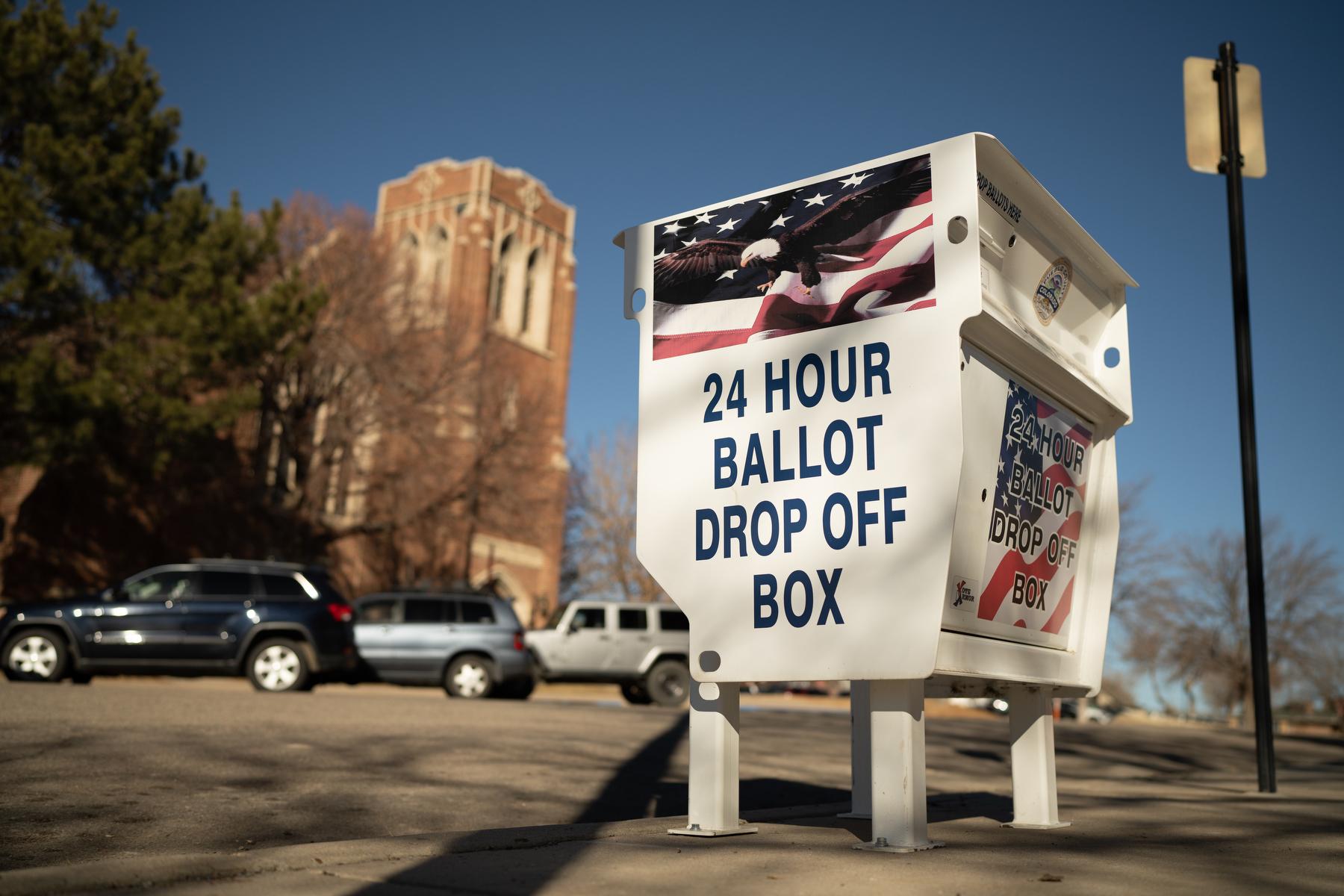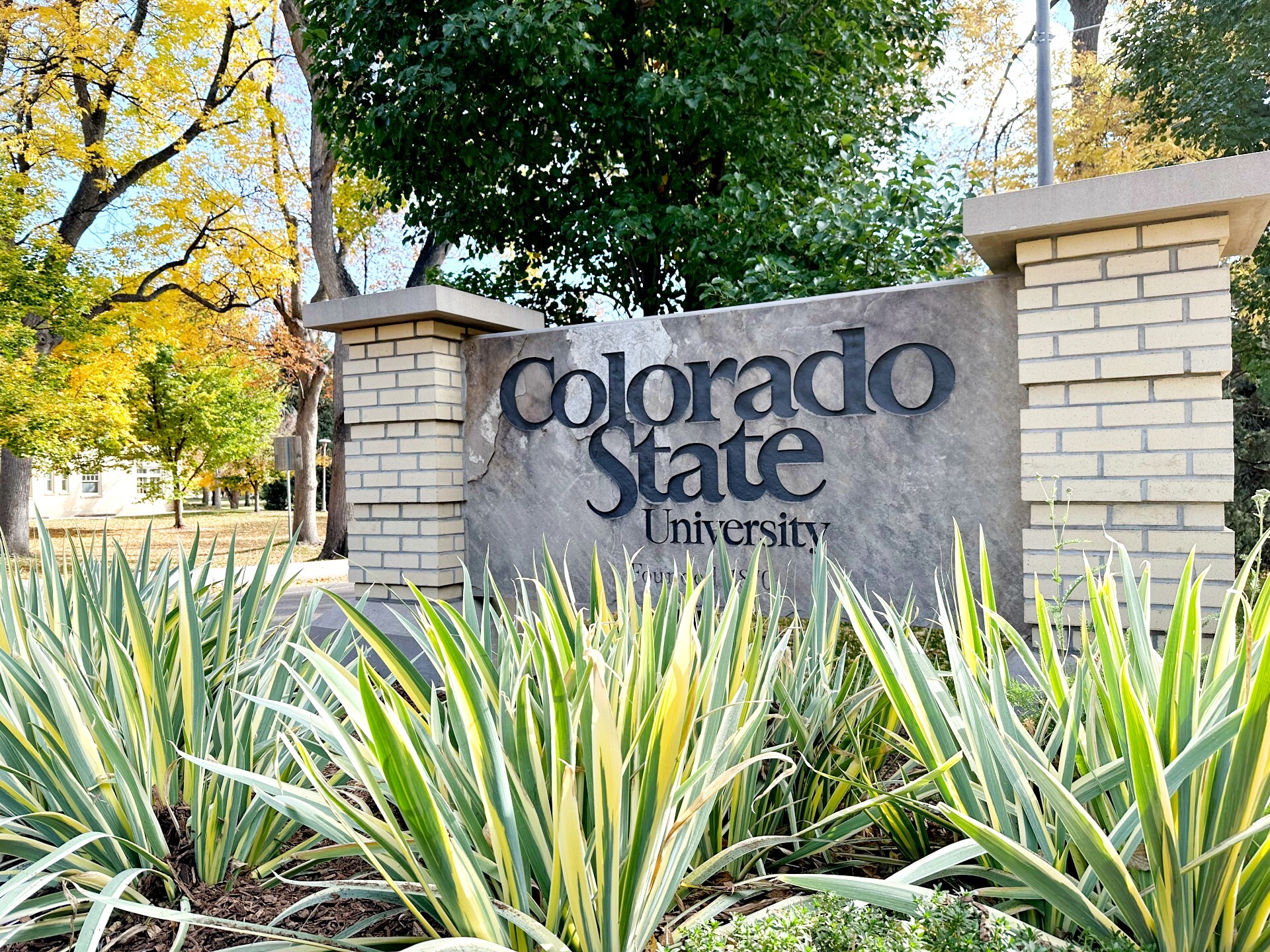
The University of Colorado Board of Regents Wednesday approved a $1.3 million departure payment for President Mark Kennedy, who announced earlier this month that he was leaving after two years on the job. His departure date is July 1.
The “transition agreement” passed on an 8-1 vote.
The buyout covers the remainder of Kennedy’s contract, which began on June 15, 2019, and was set to run through June 30, 2022. Kennedy’s starting salary was $650,000, and it rose to $850,000 in subsequent years.
Kennedy appeared at the end of a public virtual board meeting. Early in the meeting, a motion to allow Kennedy to continue in his role as president through the original terms of the contract failed. During the meeting, Kennedy said the university is on a positive trajectory.
“It’s been an honor to work with you and the many hard-working people that have advanced CU …. We are delivering on our mission to discover, to teach, to serve,” he said.
University officials said Kennedy’s departure is neither a resignation nor a termination. The board, which has been held by a Republican majority for four decades, flipped to a Democratic majority in November. When Kennedy announced he was stepping down, he cited a “change in the board’s focus and philosophy.”
Kennedy was hired in 2019 on a split party-line vote at a time when the board was controlled by Republicans. A series of open forums during the hiring process was marked by controversy, with some faculty and students suspicious of his conservative record as a Minnesota congressman more than a decade ago. While some lauded Kennedy’s work on a new strategic plan for the university, he was never wholly embraced by some faculty and students, who say he didn’t move far and fast enough on diversity and inclusion.
Kennedy was censured in April by the Boulder faculty assembly for a “failure of leadership with respect to diversity, equity and inclusion.” Kennedy and his supporters argued that he had made strides on improving diversity among the university's leadership and was committed to continuing that process.
Wednesday’s board meeting was an opportunity for Republican regents to declare that Kennedy was being fired not because he failed to lead, but for “not being a Democrat or left-wing academic,” said board member Heidi Ganahl, an at-large Republican.
“Conservatives are not welcome at the University of Colorado,” said Regent Sue Sharkey, also a Republican. Regent Chance Hill, a Republican representing Colorado Springs, called the “forced resignation” and buyout “shameful” and a waste of taxpayer money.
Democratic Regent Nolbert Chavez countered that charges that Kennedy’s departure was because of partisanship are unfair. He said the university has been well-served in the past by many Republican presidents, such as Hank Brown, John Buechner and Bruce Benson.
Sharkey noted that those presidents were directed by Republican board majorities.
Democratic Regent John “Jack” Kroll echoed that sentiment, and said the university has been well-served by Republican presidents. Kroll did express discomfort with the board’s party-line votes, however.
“As we move forward, I hope, and I’m extending to you my aspirations, that we can come together around a future president that is not simply installed on party-line votes.”
Board Chair Glen Gallegos, who is Republican, said it’s important for the board to transition to looking out for the interests of the university, not “personal interests or political interests.” He said that includes focusing on the quality of a CU education, the types of research the university should focus on, the diplomas that change students’ lives by allowing them to enter the workforce, and CU’s contributions to the economy and community.
“Regents, we need to get back to those discussions about students and about the university and our professors and moving forward,” he said, adding that partisanship and divisions over leadership is “disruptive.”
He said the board will now move “deliberately and expediently” to choose a new president, and will name an interim president soon.
The four-campus University of Colorado system serves 66,000 students, employs 37,000 people, and has an operating budget of $4.1 billion. The University of Colorado and its affiliates on the CU Anschutz Medical Campus generated a total economic impact of $14 billion for the state in 2019, the university says.








